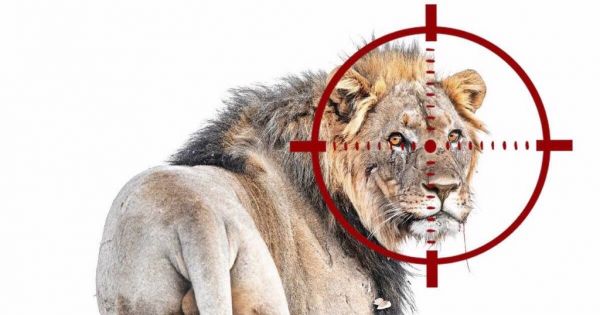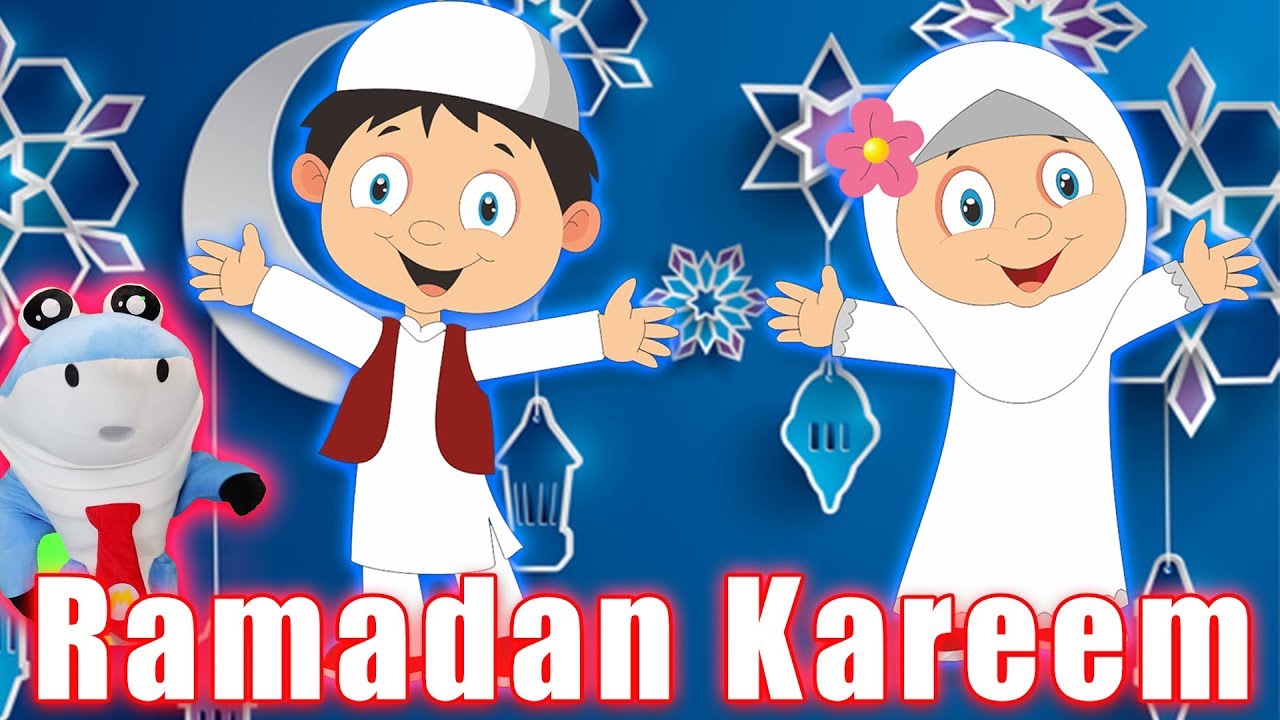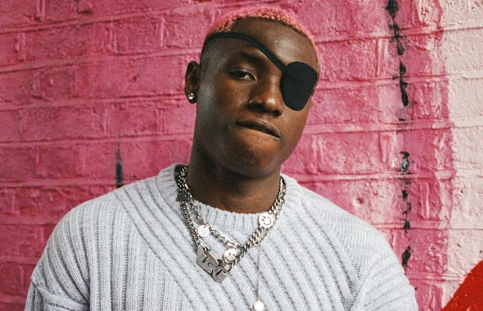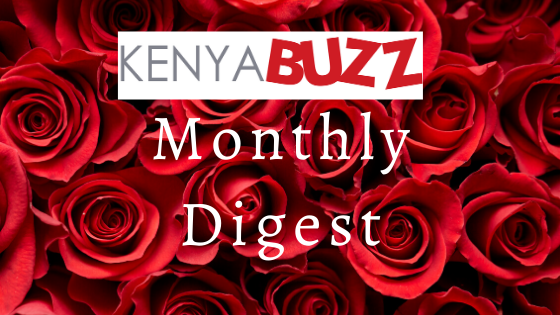
"The Only Way We Have Hope Is if Every Single Person Changes Their Behaviour", Melissa de Kock, on Building a Just World
23rd May, 2022 at 4:06PM
Melissa de Kock is the Lead (Manager) of the Cross-cutting Conservation Team in WWF-Norway. From a young age, her passion was for nature and wildlife. But her career started in journalism.After doing an undergrad, travelling and working overseas, and working in the media for a few years, she realised that journalism was not for her. At 28 years of age, she decided to act on her passion and start a master's in community and development with an environment link - this was when it all began to fall into place.Melissa is now firmly planted in the world of environmental conservation, where she strives to rectify power imbalances and bring about social, environmental, and ecological justice.She shares her story with Damaris Agweyu.Melissa, what is your core value?Justice. My whole life has been guided by my need to see social, ecological, and environmental justice. And for me, community conservation is one of the areas where that justice is possible. I strive to rectify power imbalances at all levels to bring about social justice (equity between people), environmental justice (equity in the costs and benefits of environmental and climate destruction), and ecological justice (that nature has the right to space).Albert Einstein had this remarkable quote; he said:"My passionate sense of social justice and social responsibility has always contrasted oddly with my pronounced lack of need for direct contact with other human beings and human communities…"This quote resonates with me on a deep level because while I am not a particularly sociable person (though I have my moments), I care a great deal about justice and equity for others.What drove you to adopt justice as a core value?As a child, I saw that people were treated a certain way, not because of who they were at their core but because of where they were born or their skin colour. I felt this inequity in my country a lot and can only imagine that is what drove me.In my working life, I see this inequity too - the people suffering the brunt of global environmental change are rarely the ones who caused it."The people suffering the brunt of global environmental change are rarely the ones who caused it", can you break that statement down further?In a very general way, the "global North", which historically has caused the emissions which causes climate change, prioritise climate mitigation over adaptation, and this is evident in their aid funding and development policies. Yet the South, which historically caused few emissions, are the ones bearing the brunt of climate change and need support for adaptation. We've collectively caused this problem, but just because your priority is mitigation doesn't mean the people of Namibia should have the same priority. Here are people whose resources have been pillaged for so long, and that inequity continues to be perpetuated. Of course, we must stop the emissions urgently, but we've also got to help the people that are dealing with the consequences of those emissions.Policies must be nature positive and climate neutral, but they must also be equitable because otherwise, you may end up with people being thrown off their land. You cannot do conservation in developing countries without social development.Bridging the gap between the North and South is so critical to me. That's why I try so hard to get the voices of African communities into these bigger forums. The sessions where communities can speak, listen and interject and be heard, are, to me, more powerful than those where I or others are standing up at these conferences and speaking on their behalf.A few years ago I facilitated a seminar between Norwegian and Namibian farmers. In Norway, there is a lot of conflict between farmers and wolves, though the wolf population is very small. I understand the challenge that needs to be addressed, and I brought some farmers from Namibia to talk about their experiences living with more than three times the number of lions, with no social security system! Nobody is going to give you food when a lion eats your cattle. And you still need to survive. That exchange where the Namibian farmers were sharing their experiences and lessons with Norwegian farmers was incredible. And that's the other thing. I struggle with people thinking that the North has all the answers.What was your experience growing up as a white South African in the apartheid era?My family is the result of colonialism, and I'm very aware of my positionality as a white African.I grew up in a house with a left-wing/liberal mother and a journalist father. I found it incomprehensible that people could be "less" or "more" based on skin colour. I thought the judgements of people on others were so ignorant; for instance, when white people would ask why the people who worked for them couldn't read easily or speak English well when this was because of a lack of access to schooling, books, or electricity to learn, and not a sign of their intelligence.I was lucky that many of the teachers in my school were "left-wing". We went on exchange visits to Mmbatho in Bophustwana, where we hung out with kids - black kids - who were "just the same as us". I know it sounds ludicrous but growing up where I did, we did not get any opportunities to meet many kids our age who were not white.In 1991, we twinned with a school in the townships outside cape town, and I went with a teacher to pick them up one day; this was my first time in a township. I was 15, and the township was less than 25km away. I had often driven past it but never in it.When Mandela was released, I was 15 and went to the grand parade with my mom to see him talk to the dancing and cheering crowd. It was so incredibly uplifting. But what's weird is that growing up under apartheid did not affect me as much as my awareness of my privilege has affected and influenced me in later life.The fact that I was born white gave me a head start. Yes, I worked incredibly hard to get to university, but I also made it because I had electricity and food, my parents had access to credit, and I didn't have to work from the age of 6. I had a leg up.Having had so many opportunities based very much on my skin colour, I try, as much as possible, to support others - mainly African women in conservation, but also men. I do this through mentorship and by facilitating their access to opportunities to be heard and seen and listened to.Why do you think the term "white privilege" is so contentious among many white people?I think the ones who struggle with it take it as an indication that they haven't worked hard. But no one is saying you didn't work hard. That's not the point; the point is you didn't have to struggle as hard.Read full story on www.qazini.com→Qazini is a resource for anyone who is looking to improve their professional lives so they can raise their level of prosperity. We provide you with information that can help you on your journey to executing your dreams, we match employers with the right candidates for the job and job seekers with work that is the right fit for their skills.






